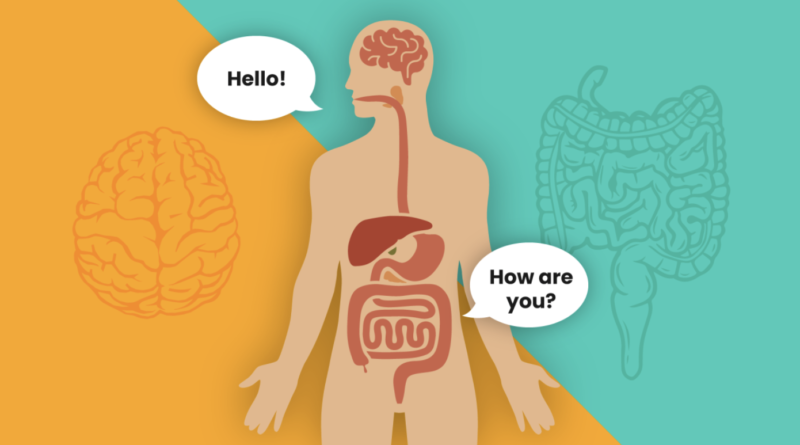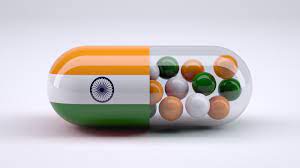Gut Brain, you think what you eat
There are trillions of bacteria, fungi and viruses are living inside us. It is important to maintain a balanced and healthy relationship with them. Together they make up the gut micro biome, which is an ecosystem responsible for performing variety of bodily functions.
The bacteria in our intestine break down our food which the body cannot digest on its own, together with producing important nutrients, regulating our immune systems and protecting us against diseases causing germs. We are unaware, which bacteria a robust and healthy gut needs; however, we know that it’s very important to have a variety of bacteria species in maintaining healthy microbiome.
Many factors are responsible for affecting our microbiome, the environment we live in, the antibiotics we consume and whether we had a natural birth or a cesarean. Diet is one of the most important influences for gut health. It’s not possible to control all of the factors, however we are able to manipulate balance of the microbes if we pay attention to our food.
Dietary fiber which we get from foods like vegetables, whole grains, legumes, nuts and fruits is considered to be the best gut fuel for the bacteria. When the bacteria produce fiber, they make short-chain fatty acid which improves the immune function, nourishes gut barrier and helps prevent inflammation thus reducing the risk of cancer. More fiber our bodies consumes, more bacteria take over our guts.
A study was conducted where diets of rural Africans were swapped with high fat high meat consuming African American. After two weeks of switching, the first group showed signs of increased colon inflammation and decrease in butyrate which is the short-chain fatty acid which lowers risk of colon cancer. And the group that switched to high fiber diets had opposite results.
Lower fiber equals lesser fuel for intestinal bacteria, if we keep eating low fiber foods, we starve the bacteria leading to them dying off. Result is less diversity and hungrier bacteria; they start to eat our mucus lining. A study suggests that diet that includes variety of vegetables fruits, dark chocolate, wine, tea, coffee was responsible for increase in bacterial diversity. They contain anti-oxidants called polyphenol.
Foods that have high amount of dairy fat such as whole milk, sodas with sugar led to decrease in gut bacteria diversity. Food preparation matters as well. Fresh and minimally processed foods have lot more fiber. Hence raw, sauteed or steamed veggies are much more advantages than fried, oily and other type or processed and junk foods. Foods that are fermented are called as probiotic meaning they bring in new good bacteria into our gut system like bifidobacteria and lactobacillus. Fermented foods like sauerkraut kimchi kombucha, yogurt and tempeh provide vitality and variety to diet. The inside of our intestine is not easy to monitor or study, new studies will shed more light on how our gut bacteria works.



